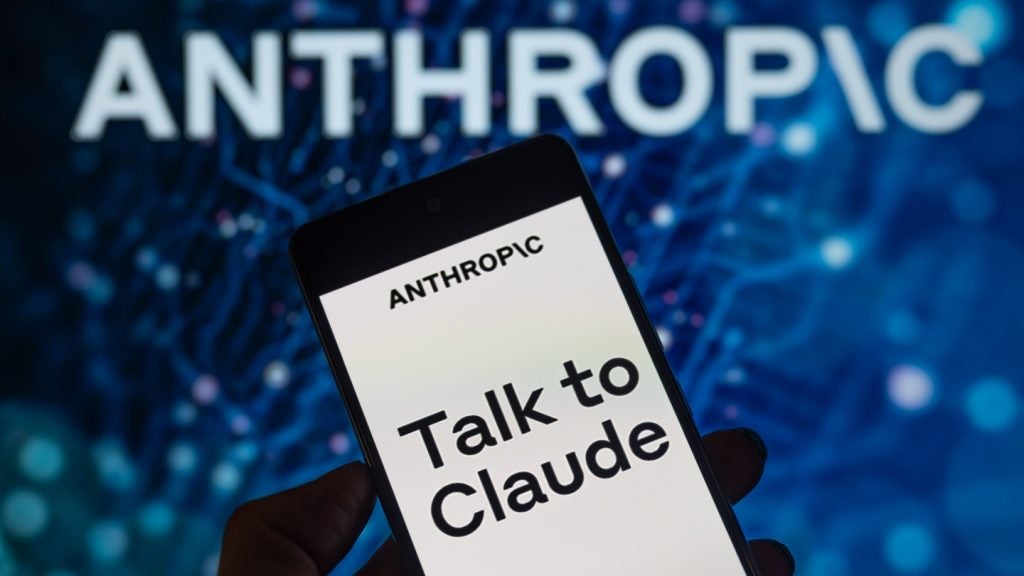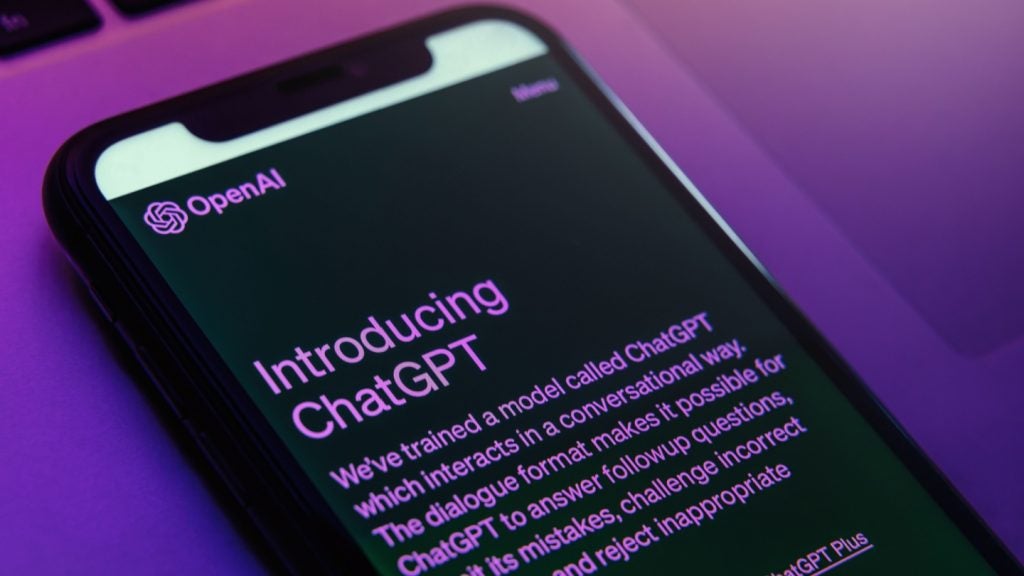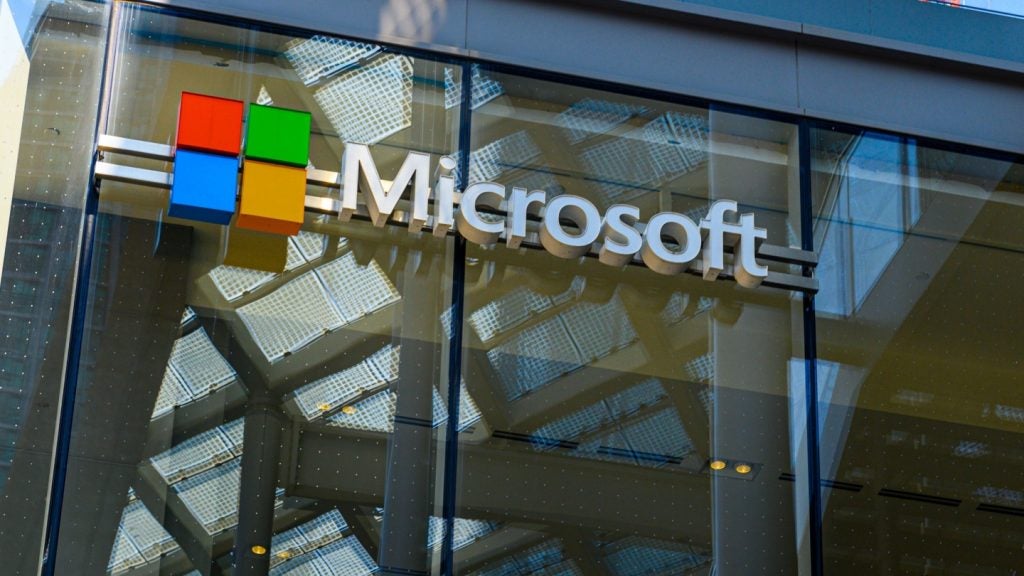Sophia Genetics has been granted a patent for a computer-implemented method to analyze next-generation sequencing genomic data from sourcing laboratories. The method involves receiving sequencing data, identifying characteristics, aligning data to a genomic sequence, refining alignment data, and identifying genomic variants. GlobalData’s report on Sophia Genetics gives a 360-degree view of the company including its patenting strategy. Buy the report here.
According to GlobalData’s company profile on Sophia Genetics, AI-assisted genome sequencing was a key innovation area identified from patents. Sophia Genetics's grant share as of February 2024 was 18%. Grant share is based on the ratio of number of grants to total number of patents.
Genomic data analysis method for next generation sequencing
A recently granted patent (Publication Number: US11923049B2) discloses a computer-implemented method for analyzing next-generation sequencing genomic data from sourcing laboratories. The method involves receiving a sequencing analysis request, identifying characteristics associated with the request, configuring a data alignment module to align raw sequencing data, refining the alignment data, and identifying genomic variants using a variant calling module. The process includes refining subsets of raw alignment data, re-aligning data files, and reporting identified genomic variants back to the sourcing laboratory. The method also involves identifying various characteristics associated with the alignment data, such as genomic context identifiers, and refining genomic variants based on multiple characteristics to produce a refined set of genomic variants.
Furthermore, the patent includes a method for analyzing next-generation sequencing genomic data from multiple sourcing laboratories. This method involves receiving sequencing analysis requests from each laboratory, identifying characteristics associated with the requests, aligning sequencing data to a genomic sequence, identifying genomic variants, and updating a laboratory information database with identifiers for each laboratory. The process also includes appending the database with target enrichment technology, sequencing technology, and genomic context identifiers, updating the database upon registration or updates of sourcing laboratories. This method aims to streamline the analysis of genomic data from multiple laboratories by efficiently aligning and identifying variants based on specific characteristics associated with each laboratory's sequencing data.
To know more about GlobalData’s detailed insights on Sophia Genetics, buy the report here.
Premium Insights
From

The gold standard of business intelligence.
Blending expert knowledge with cutting-edge technology, GlobalData’s unrivalled proprietary data will enable you to decode what’s happening in your market. You can make better informed decisions and gain a future-proof advantage over your competitors.







